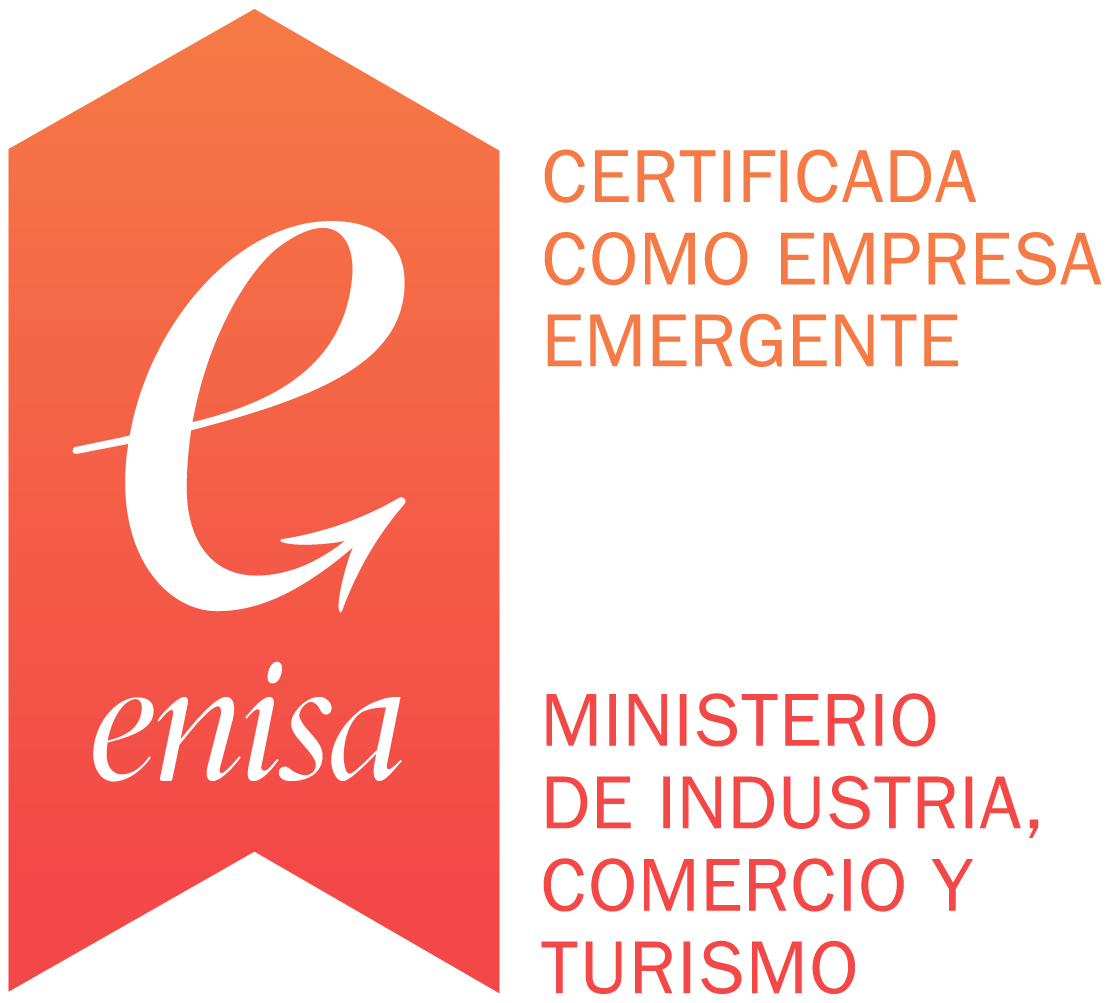A business trip or business trip is one in which the company, for business needs, asks us to travel to another city or country to represent the same attending to any professional matter. Negotiating a sale, providing a service, resolving an incident, renegotiating an agreement, etc. There are many functions that we can develop in such a trip.
And the first thing we have to keep in mind is that if we have been chosen is because we are doing things right. Since we are going to be the visible face of the company in this trip.
This does not mean that if it is your first business trip you may have many doubts about it. Do I have to receive a per diem? Is it included in my salary? How do I declare the trips I have during the trip?
First of all, we should know that most often business trips are paid as a normal working day, if the duration of the working days is the same in number of hours, and if they do not fall on public holidays.
But there is also the case that your business trip would take place on extended working days, on your days off, or on holidays. And if so, the company would have to pay you more according to the current legislation with a differential rate.
But beyond this, what is important to know is that your company must compensate you for expenses that occur outside of your routine.
The most common expenses that the company will cover are:
- Transport
- Medical insurance
- Visas
- Accommodation
- Cleaning and laundry
- Meals
- Local transportation
- Translations
- Internet expenses or telephony
If, because of the type of work you do, other types of expenses are essential, the company should also compensate them, if they are directly related to the work environment. For example, a salesperson who is going to present a project or proposal, and has to buy a projector, a whiteboard, or exhibition cards.
Personal and leisure expenses
On many occasions, people who travel for a business trip want to take advantage of their free time by visiting tourist sites, museums, buying souvenirs, etc.
These expenses will not be covered by your company. Since they are outside the scope of employment.
How do I know how much I can spend?
Normally, companies have established corporate travel policies, in which protocols and budget limits are established for each type of employee, as well as for each type of travel and country.
However, if you have any doubts about this policy, you can always ask your manager or the Human Resources department. They are the ones who will be able to guide you in applying them.
How am I paying and recording expenses?
Each company has a different way for both payments and expense recording.
There are some that will give you a company card so that you can pay with it all these expenses, and others that will ask you to pay with your personal card and then reimburse you the total amount.
In both cases it is necessary to justify these expenses by collecting all invoices and receipts that are generated, and then provide them to the company. And this can be done manually by taking photos or scanning everything, or with an app that facilitates this task.
The latter is very important, as the company may refuse to reimburse you for anything that you cannot document or justify.
If you have paid with your personal credit card, these expenses can be reimbursed to you, together with per diems or bonuses (if any), either in the next salary payment or in a separate payment.
Automate and worry free with Vyootrip
At Vyootrip we offer a corporate travel management platform that automatically implements corporate travel policies, so that travelers can directly book and digitize their expenses, automating the process of spending, justification and control for the company.
This facilitates and saves a lot of time and money for both travelers and managers who have to control their expenses. They can centralize all these processes in one place.






